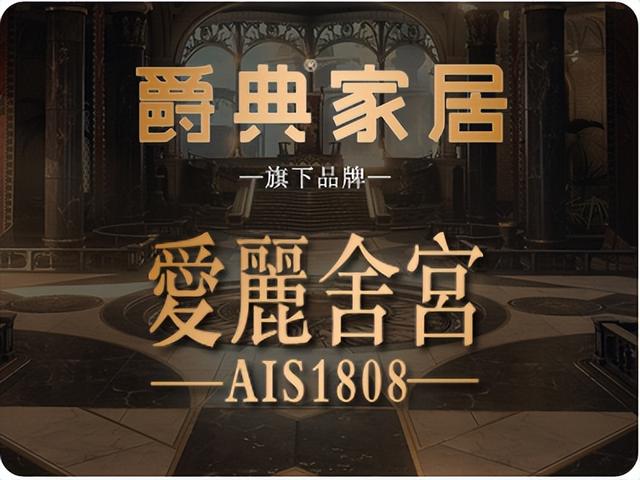
介词:介于两个词之间,表示两个词的某种联系的词。
分类:方位介词,时间介词,方式介词,易混淆介词。
方位介词-某地:
She arrives in Australia. 她到达了澳大利亚。
She arrives at the bus stop. 她到达了公交车站。
大地点用【in】,小地点用【at】。
方位介词-里外:
Mongolia is on the north of China. 蒙古国在中国的北边。
Guang dong province is in the southeast of China. 广东省在中国的东南边。
Japan is to the east of China. 日本在中国的东边。
接壤用【on】,在里面用【in】,不接壤用【to】。
方位介词-上下:
有接触面时:上面用【on】,下面用【beneath】。
无接触面时:正上方用【over】,正下方用【under】,斜上方用【above】,斜下方用【below】。
方位介词-前后:
The man is in the front of the bus. 这个男人在车的前面(车内)。
The man is in front of the bus. 这个男人在车的前面(车外)。
The man is behind the bus. 这个男人在车的后面。
在外部不加【the】,在内部要加【the】。
方位介词-中间:
The baby is sleeping between his two brothers. 宝宝睡在他的两个兄弟中间。
The girl chose a book among the books. 这个女孩在这些书中选了其中一本。
在两者之间用【between】,在三者或以上之间用【among】。
方位介词-穿过:
The river runs through our city. 这条河穿过了我们的城市。
I swam across the Changjiang River 2 years ago. 我两年前游泳穿过了长江。
从内部穿过用【through】,从表面穿过用【across】。
方位介词-树上:
The apples are on the tree. 苹果长在树上。
The girl is in the tree. 小女孩站在树上。
长在树上用【on】,不是原生长的用【in】。
方位介词-墙上:
There is a window in the wall. 墙上有扇窗。
There is a map on the wall. 墙上有幅地图。
在墙里用【in】,在墙表面用【on】。
方位介词-旁边:
There is a sofa near the big vase. 大花瓶附近有一个沙发。
There is a book shelf beside the big vase. 大花瓶旁边有一个书架。
There is a small vase next to the big vase. 大花瓶紧挨着一个小花瓶。
在附近用【near】,在旁边用【beside】,紧挨着用【nxt to】。
时间介词-in, at, on:
in 2022, in July, in winter, in the evening.
【in】年,【in】月,【in】季节,【in】早中晚(泛指:不指确定的某一天的早中晚)。
at 10:00.
【at】用在点钟前(具体某个时间点前用at)。
on a sunny afternoon. 一个阳光的午后。
on the morning of May 1th. 5月1日的早上。
on a dark night. 一个漆黑的夜晚。
【on】用于具体的某一天。
方式介词-in, with:
in a yellow hat. 戴了顶黄色帽子。
in a pink dress. 穿了花色裙子。
with a doll in his hands. 手里拿了个玩偶。
with a beautiful necklace. 带了条漂亮的项链。
衣服鞋帽用(可以包裹住)【in】,饰品等用(表附着,附带)【with】。
易混淆介词-from, of:
The chair is made of wood. 这把椅子是用木头做的。
The wine is made from grapes. 这瓶酒是用葡萄酿的。
能看出原材料用【of】,不能看出原材料用【from】。
易混淆介词-by, in, on:
I go to school by bike. 我骑车去学校。
I go to school on the blue bike. 我坐蓝色自行车去学校。
She goes to work by car. 她坐车去上班。
She goes to work in a nice car. 她做好看的汽车去上班。
【by】 交通工具,【in / on】 修饰词 交通工具。
易混淆介词-except, except for, besides:
They are boy students except Mary. 除了Mary都是男孩子。
Mary is beautiful except for her broken tooth. Mary很漂亮除了她的坏牙。
And besides her, the boys are also good students. 不仅她,男孩子们也很优秀。
除了(不包含)用【except】,除了(要包含)用【besides】,美中不足用【except for】。
今天对英文中的介词做了一个大致的介绍,欢迎大家留言讨论!






